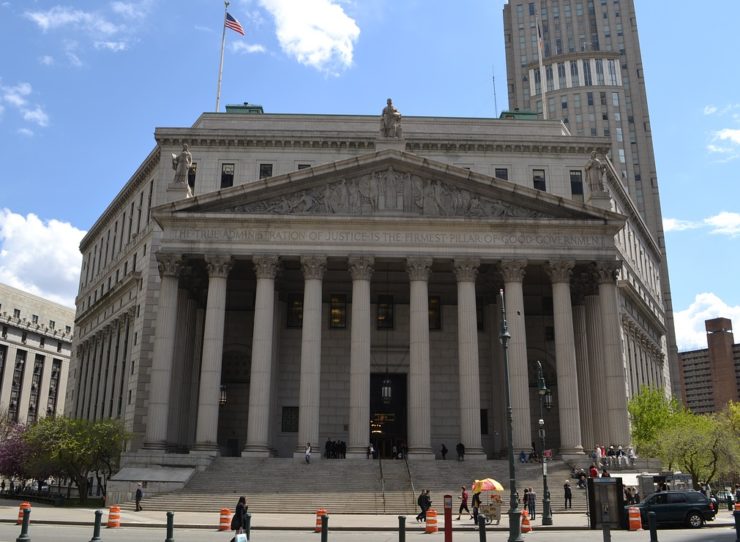 In December of 2016, the City of Newton passed an ordinance that ordered drone operators to register their drones, banned drones from flying under 400 feet, and banned any flights over private or public property without express consent from the landowner. But, two weeks ago, a federal district judge in Massachusetts ruled that the City of Newton’s drone ordinance could not be enforced. Michael Singer, a physician, inventor and local resident of the City of Newton who is a FAA-certified drone operator filed a lawsuit against the city’s drone ordinance. He challenged the section of the law that required the registration of all drones, and the sections that regulated drone operations by distance and altitude. He argued that the law was pre-empted by federal law since it attempted to regulate an exclusive federal law. The federal district judge who heard the case, William G. Young, agreed, stating that Congress had entrusted the FAA with the responsibility of regulating the use of airspace for UAV navigation and to protect people and properties on the ground. He also added that the law especially allows the FAA to integrate UAVs into our national airspace.
In December of 2016, the City of Newton passed an ordinance that ordered drone operators to register their drones, banned drones from flying under 400 feet, and banned any flights over private or public property without express consent from the landowner. But, two weeks ago, a federal district judge in Massachusetts ruled that the City of Newton’s drone ordinance could not be enforced. Michael Singer, a physician, inventor and local resident of the City of Newton who is a FAA-certified drone operator filed a lawsuit against the city’s drone ordinance. He challenged the section of the law that required the registration of all drones, and the sections that regulated drone operations by distance and altitude. He argued that the law was pre-empted by federal law since it attempted to regulate an exclusive federal law. The federal district judge who heard the case, William G. Young, agreed, stating that Congress had entrusted the FAA with the responsibility of regulating the use of airspace for UAV navigation and to protect people and properties on the ground. He also added that the law especially allows the FAA to integrate UAVs into our national airspace.
The court overturned the ordinance as Judge William Young concluded that these specific parts of the law was an overkill. He allowed some other sections of the law to stand and stated that it must be re-drafted to accommodate federal law. The unchallenged sections of the ordinance that covered noise, privacy and safety were to remain in force.
Michael Singer was pleased with the ruling and stated that the Newton Ordinance would have banned life-saving technology that could be used to offer better services in his community.
Though the decision reached by the federal judge in this lawsuit will not directly impact other city ordinances in the rest of the country, it is clear that people who use drones for their operations are happy with the judgment. Some municipalities even delayed passing new drone regulations because they wanted to see how this case would be heard. Cities have long since been trying to restrict how drones are used and where they can fly. Over a year ago, West Hollywood lawmakers voted that drone flights be regulated after a UAV crashed into a power line.
A National Conference of State Legislatures report in 2016, noted that property owners in Nevada now have the right to sue trespassers for operating drones 250 feet over their property. This is only acceptable in court if the property owner had warned the pilot once before. The same type of law in Oregon also allows for property owners to bring civil suits against drone operators, but the drone must be at least 400 feet over their property. At least seven states—Oregon, Arizona, Maryland, Delaware, Michigan, Rhode Island, and Virginia—have all passed drone-related laws that prohibits municipalities in these states from regulating drones.
Thankfully, this case is an important precedent in a fast-changing area of law and will give many operators the courage to stand up against any municipal laws that they find unfair. Municipalities can also use this as a guideline when creating future ordinances, bearing in mind that the federal law supersedes state and municipal laws.
|